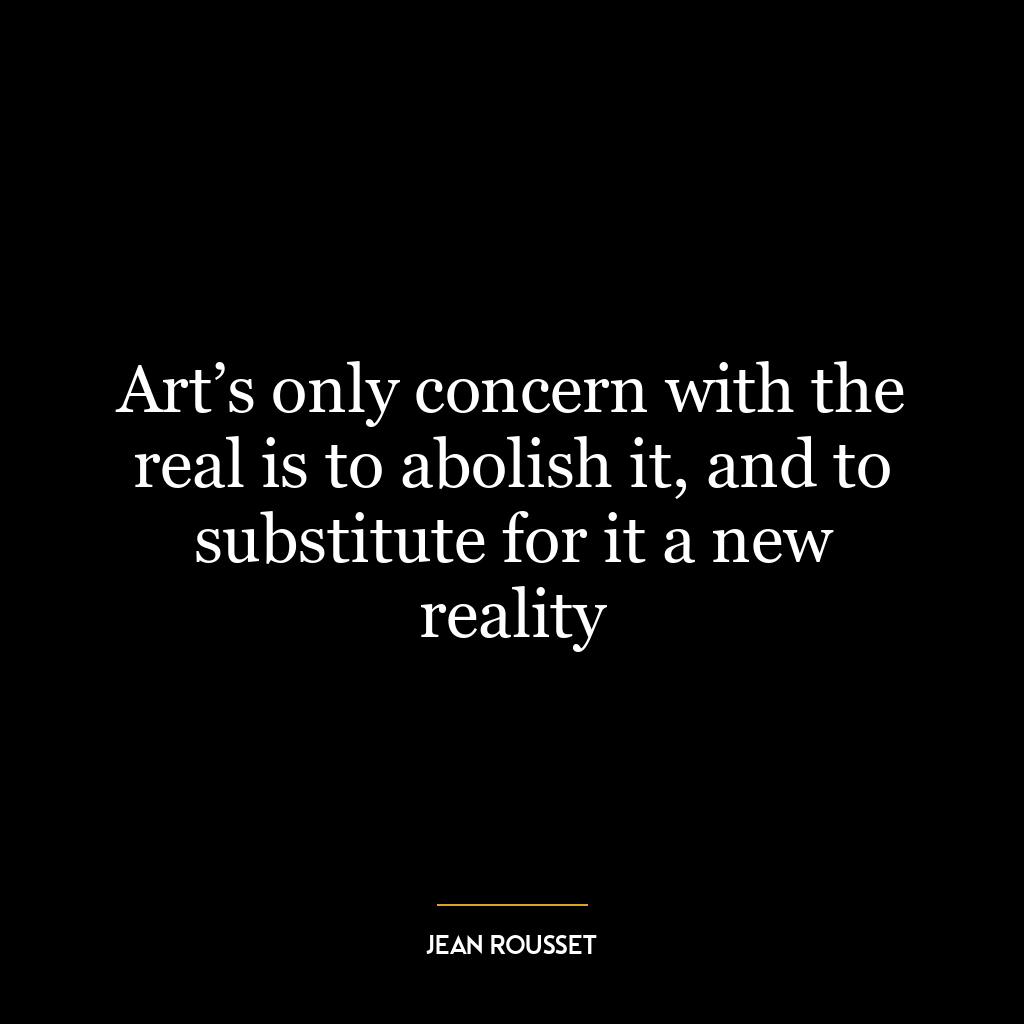This quote suggests that an idealist, someone who envisions the world in its best possible state, is unyielding and resilient. Even when faced with adversity or failure (thrown out of his heaven), the idealist doesn’t succumb to despair. Instead, he constructs an ideal, a vision of perfection, even out of his most challenging circumstances (he makes an ideal of his hell). This means that an idealist can find hope, purpose, and positive potential in any situation, no matter how dire it may seem.
In essence, Nietzsche is highlighting the strength of an idealistic mindset. It’s about the ability to reframe negative experiences and see them as opportunities for growth, development, or positive change. This is a powerful form of resilience and adaptability, which can be incredibly empowering.
Applying this to today’s world, we can see it reflected in social activists, entrepreneurs, or any individuals who face challenges head-on with optimism and a vision for a better future. When they encounter setbacks, they don’t just give up. Instead, they reassess, adapt their vision, and continue striving for their ideal.
In terms of personal development, this quote encourages resilience and a positive mindset. It suggests that we should not be discouraged by failure or adversity. Instead, we should see these challenges as opportunities to grow, to learn, and to improve. By reframing our perspective in this way, we can maintain motivation and continue striving towards our goals, no matter the obstacles we face.









